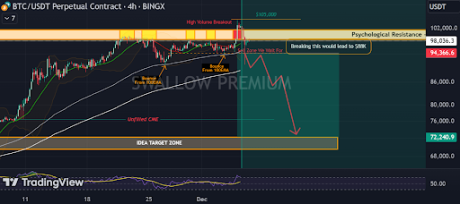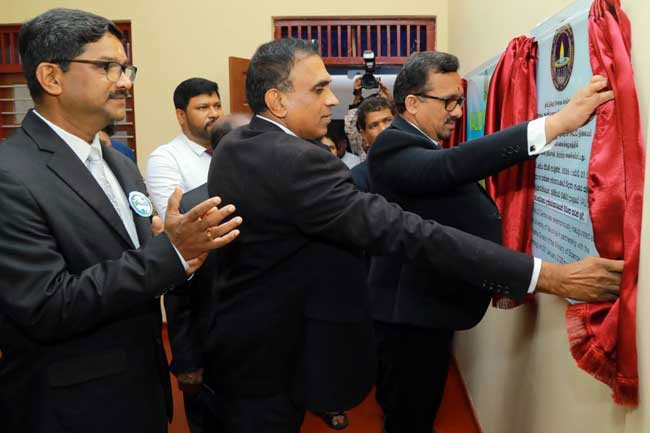The new benchmark will be based on the secured money market transactions – both market repo and tri party repo (TREPS). Together, they account for 98% of overnight money markets and include participation from both banks and non-banks.
The SORR, therefore, would be more representative of the overnight market funding rate than the call money market.
“The index that we will have now will capture all secured transactions,” deputy governor Michael Debabrata Parta said Friday at a post-policy media interaction, responding to a query from ET.
The RBI’s decision to introduce this was based on the recommendations of the committee on Mumbai Interbank Outright Rate (MIBOR) benchmark which reviewed the interest rate benchmarks in India.
The committee, headed by RBI executive director Ramanathan Subramanian, observed that benchmarks based on these collateralised transactions are also likely to be more robust and less susceptible and hence best suited as benchmarks for interest rate derivatives used for the purpose of hedging. SORR will eventually replace the MIBOR, which has been in vogue since 1998.














